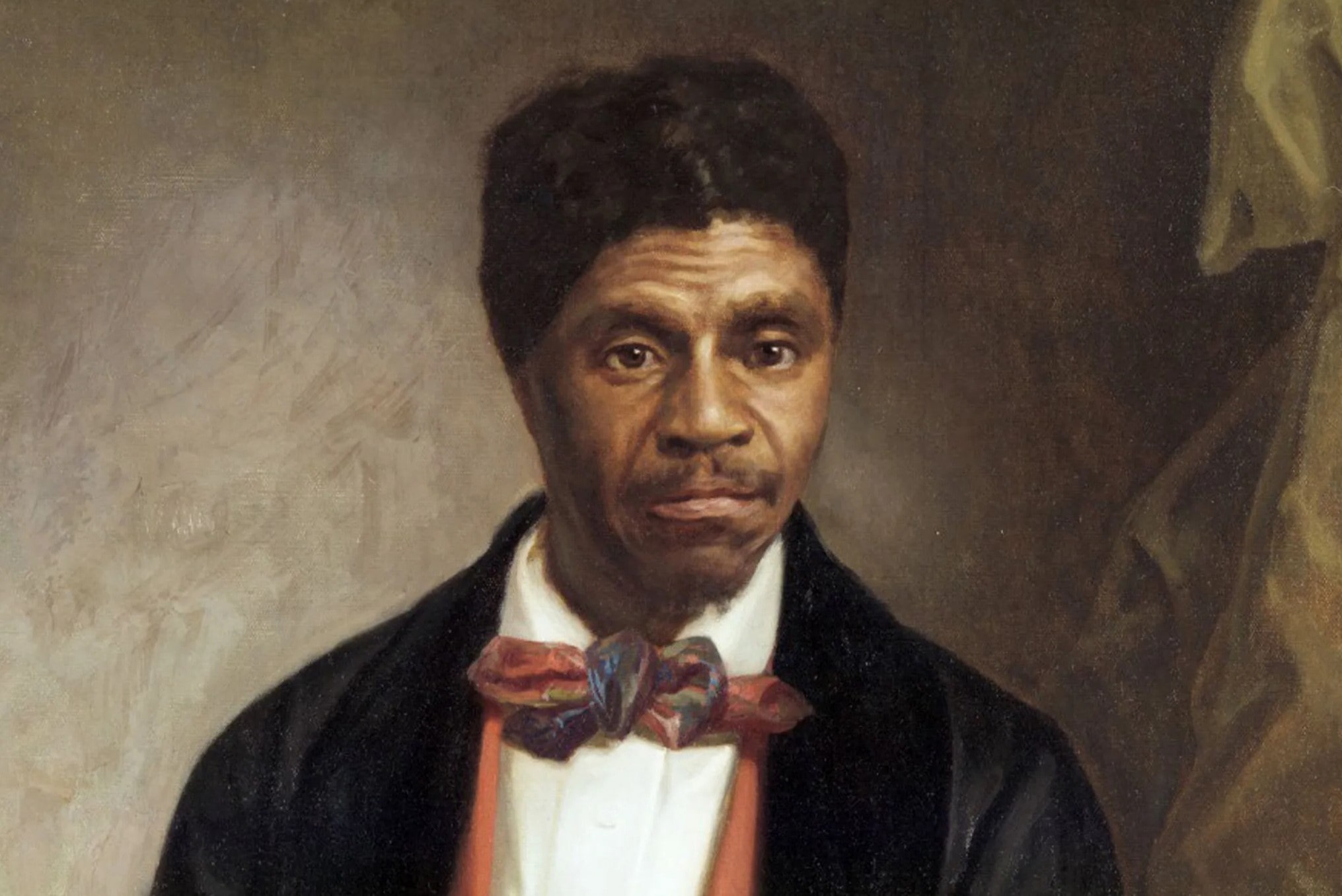
Imaginary authors have long captivated readers' imaginations, blurring the lines between fiction and reality. These characters, often created by real authors, lead lives of their own, penning works that exist only within the pages of novels or the minds of their creators. From the eccentric adventures of Kilgore Trout in Kurt Vonnegut's novels to the mysterious and prolific J.T. LeRoy, who turned out to be a literary hoax, the concept of an imaginary author challenges our understanding of authorship and creativity. Exploring the world of imaginary authors reveals a fascinating intersection of narrative innovation and literary mystique. This journey through the lives of non-existent writers not only entertains but also offers insights into the complexities of the literary world, where the line between the creator and the created often becomes wonderfully blurred.
Imaginary authors have fascinated readers and writers alike, offering a unique blend of creativity and mystery in the literary world. These fictional creators often come with their own elaborate backstories, bibliographies, and sometimes, even their own fan bases. Let's dive into some intriguing facts about these non-existent authors.
What Exactly Are Imaginary Authors?
Imaginary authors are fictitious entities created by real authors for various purposes. They might serve as the supposed writer of a work, a character within a story, or even as a pseudonym for the real author to explore different genres or themes without affecting their primary reputation.
- Imaginary authors allow real authors to write in genres or styles that are different from their usual work. This freedom can lead to innovative and unexpected literary creations.
- These fictional creators can also critique the literary industry and its conventions from a safe distance, making bold statements without personal consequence.
- Some imaginary authors have developed such detailed backgrounds that fans become engrossed in uncovering more about these non-existent personas, sometimes even more than the works they supposedly wrote.
Famous Examples of Imaginary Authors
Throughout literary history, several imaginary authors have made significant impacts, becoming almost as well-known as their creators.
- J.K. Rowling created the character Newt Scamander, the supposed author of Fantastic Beasts and Where to Find Them, a textbook from the Harry Potter universe. This allowed her to expand the magical world for fans.
- Jorge Luis Borges, an Argentine writer, frequently used the concept of imaginary authors, creating elaborate fictional bibliographies that blurred the lines between reality and fiction.
- Lemony Snicket, the pen name and character created by Daniel Handler, serves as the narrator and supposed author of A Series of Unfortunate Events, adding layers of intrigue and narrative depth.
The Purpose Behind Creating Imaginary Authors
Creating an imaginary author is not just a whimsical endeavor; it serves multiple purposes, from literary experimentation to social commentary.
- These authors can act as a narrative device, adding layers of complexity and depth to a story. They can offer alternative perspectives or highlight the unreliability of narration.
- They also allow real authors to critique the publishing industry, societal norms, or literary traditions through the guise of another.
- For some, it's a playful way to engage with their audience, creating an interactive literary puzzle that readers can solve.
Impact on Readers and Literary Culture
The existence of imaginary authors has a unique impact on readers and the broader literary culture, influencing how stories are received and interpreted.
- Readers often find themselves drawn into the mystery of uncovering the "true" identity behind an imaginary author, engaging in detective work that adds an interactive element to the reading experience.
- These authors challenge readers' perceptions of authorship and authenticity, prompting debates about what constitutes "real" literature.
- Literary scholars sometimes study imaginary authors, analyzing their role in the narrative and their impact on literary tradition and authorial identity.
Imaginary Authors in Digital and Pop Culture
With the advent of the internet and digital media, imaginary authors have found new platforms and audiences, influencing pop culture in unexpected ways.
- Online forums and social media have allowed fans to create and share their own fictional authors, complete with works that never existed.
- Some video games and web series have incorporated imaginary authors into their lore, enriching their worlds with additional layers of storytelling.
- Imaginary authors have even appeared in marketing campaigns, blurring the lines between advertising and storytelling.
The Future of Imaginary Authors
As storytelling evolves, so too does the concept of the imaginary author, promising new possibilities for literary creativity and engagement.
-
Advances in AI and machine learning could lead to the creation of truly autonomous imaginary authors, capable of writing their own works without human intervention.
-
The growing interest in interactive and immersive storytelling may see more authors adopting fictional personas to create deeper narrative experiences.
-
As readers become more sophisticated, the demand for complex, layered narratives that include imaginary authors is likely to increase, pushing the boundaries of traditional storytelling.
-
Virtual and augmented reality technologies offer new mediums for bringing the stories of imaginary authors to life, allowing readers to experience these narratives in more immersive ways.
-
Finally, the ongoing fascination with the mystery and creativity of imaginary authors ensures their continued presence in literature and culture, inspiring both readers and writers to explore the limitless possibilities of the written word.
A Final Brushstroke on Imaginary Authors
We've journeyed through a realm where authors exist only in the whispers of their creations, leaving behind legacies that are as intangible as they are influential. These imaginary authors have shown us the power of fiction to shape reality, to inspire, and to provoke thought in ways that transcend the boundaries of traditional authorship. From Borges' labyrinthine libraries to the nonexistent works of J.K. Rowling's wizarding world, each fictional creator has added depth to their narratives, inviting readers to explore layers of meaning and to question the very nature of creativity. As we close this chapter, let's carry forward the curiosity and imagination these authors have sparked. May their stories encourage us to look beyond the surface and to find the extraordinary in the everyday.
Was this page helpful?
Our commitment to delivering trustworthy and engaging content is at the heart of what we do. Each fact on our site is contributed by real users like you, bringing a wealth of diverse insights and information. To ensure the highest standards of accuracy and reliability, our dedicated editors meticulously review each submission. This process guarantees that the facts we share are not only fascinating but also credible. Trust in our commitment to quality and authenticity as you explore and learn with us.


